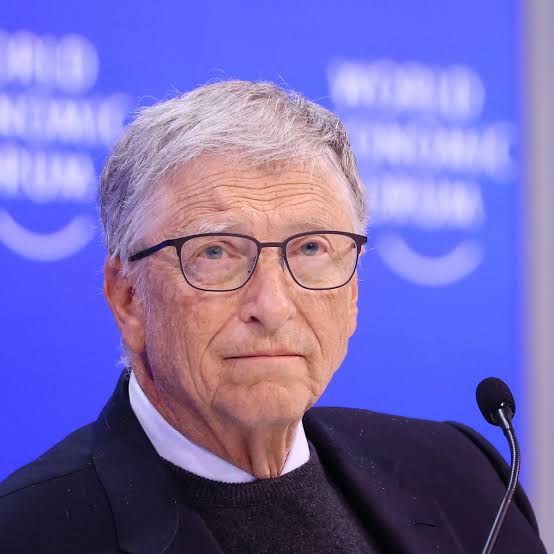
Bill Gates, co-chair of the Bill and Melinda Gates Foundation, stated that Nigeria has received the largest share of the foundation’s intervention funds in Africa.
He made this remark during an interview with journalists on the sidelines of the 2024 NutriVision Dialogue held in Abuja.
According to Gates, the foundation’s top priority is to help reduce global health inequality, focusing on eradicating diseases such as measles, malaria, and polio.
“We spend heavily in Nigeria due to its large population and significant needs. That means I have literally spent billions in Nigeria,” Gates said.
“I’m glad to see the child mortality rate has decreased, but we can do even better.”
Gates also revealed that the foundation plans to increase its future spending, particularly in the area of primary health care.
“Our work is almost entirely focused on primary health care because the impact per dollar is dramatically greater here than anywhere else,” he added.
In addition to health, the foundation invests significantly in the agricultural sector, recognizing that boosting agricultural productivity is crucial to Nigeria’s economic development.
Gates emphasised that this would be achieved by providing access to high-yield and climate-resistant seeds, fertilizers, timely information, and better weather predictions to farmers.
This effort, he said, would significantly boost agricultural output and reduce food costs.
He also highlighted the foundation’s support for food fortification initiatives, which improve the nutritional value of staple foods and provide public health benefits.
He emphasized the importance of access to a variety of low-cost foods, especially milk and eggs, in reducing malnutrition.
Gates stressed that now is the time to leverage innovative ideas and tools in the health and agricultural sectors to substantially reduce malnutrition.
Since its inception in 2000, the foundation has supported partnerships with African regional institutions, national governments, and local communities in 49 African countries.
The foundation contributes funding and scientific expertise to support their agendas for change. These partnerships have driven the success of numerous health, agriculture, equality, and anti-poverty initiatives.
The foundation has committed more than $7 billion through 2026 to support African countries and institutions working to develop and implement innovative approaches to confront hunger, disease, gender inequality, and poverty.
